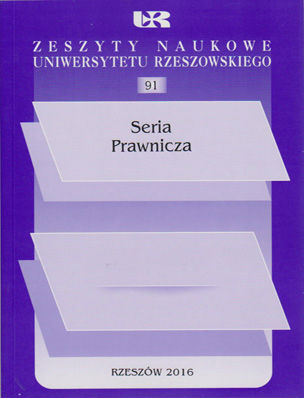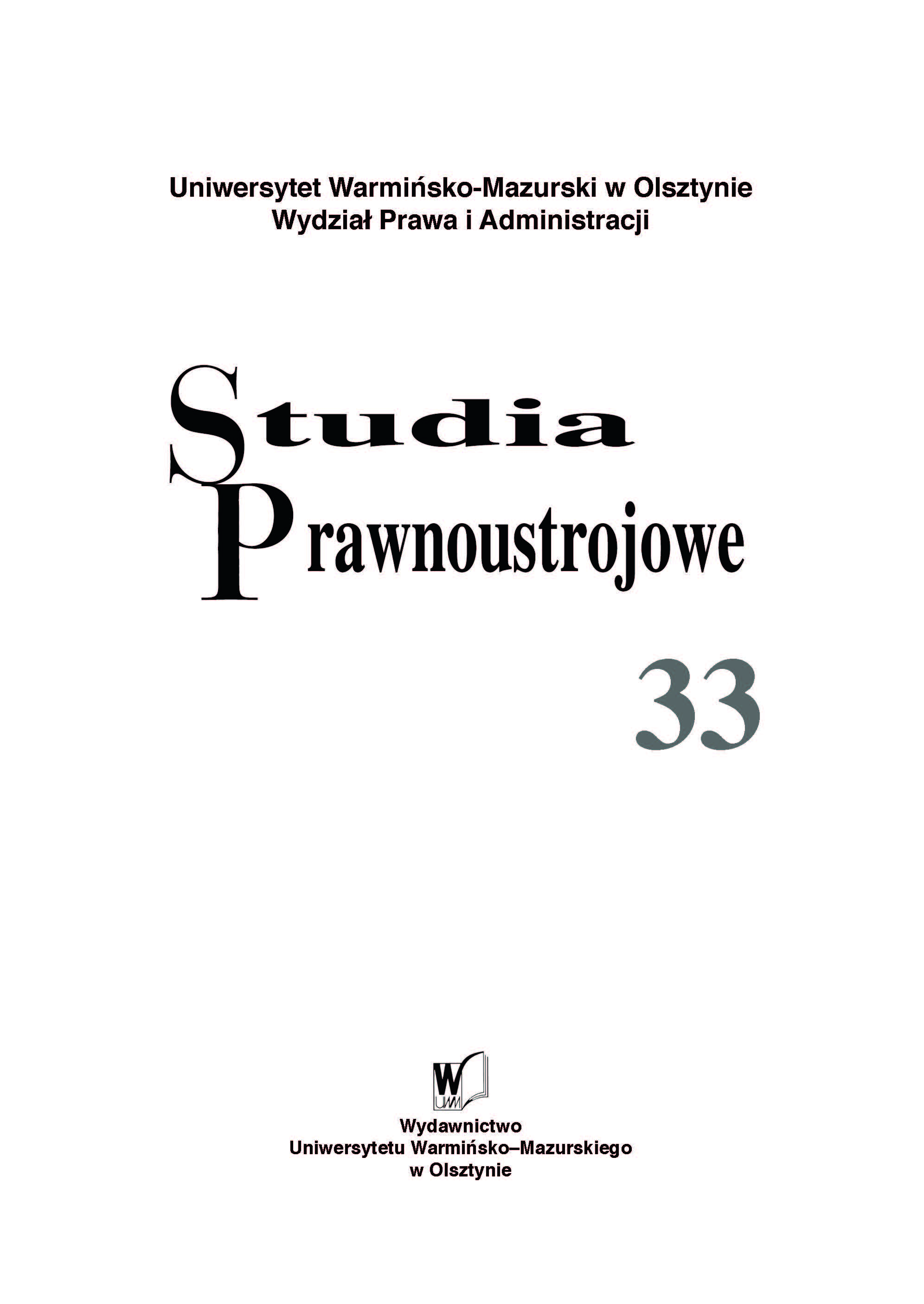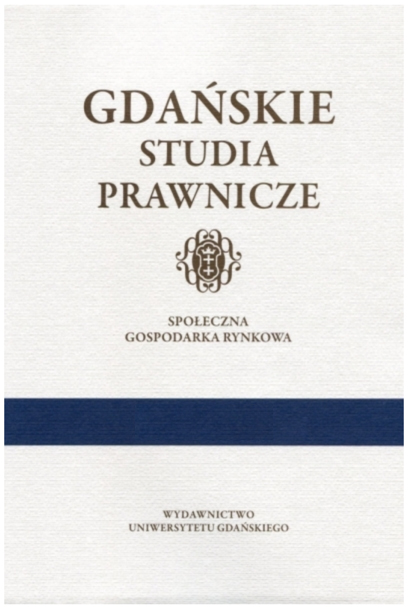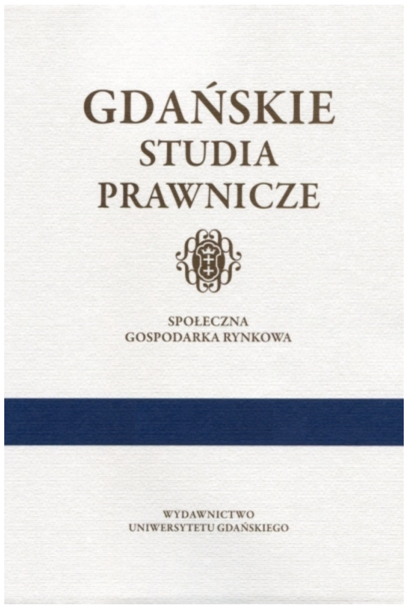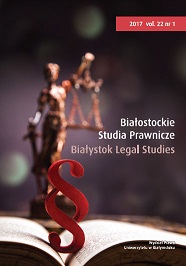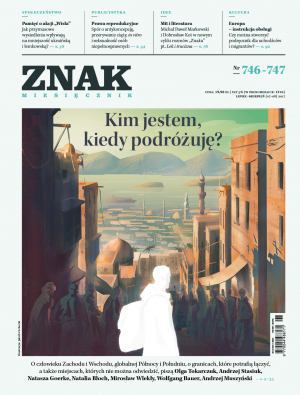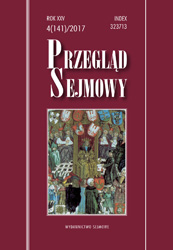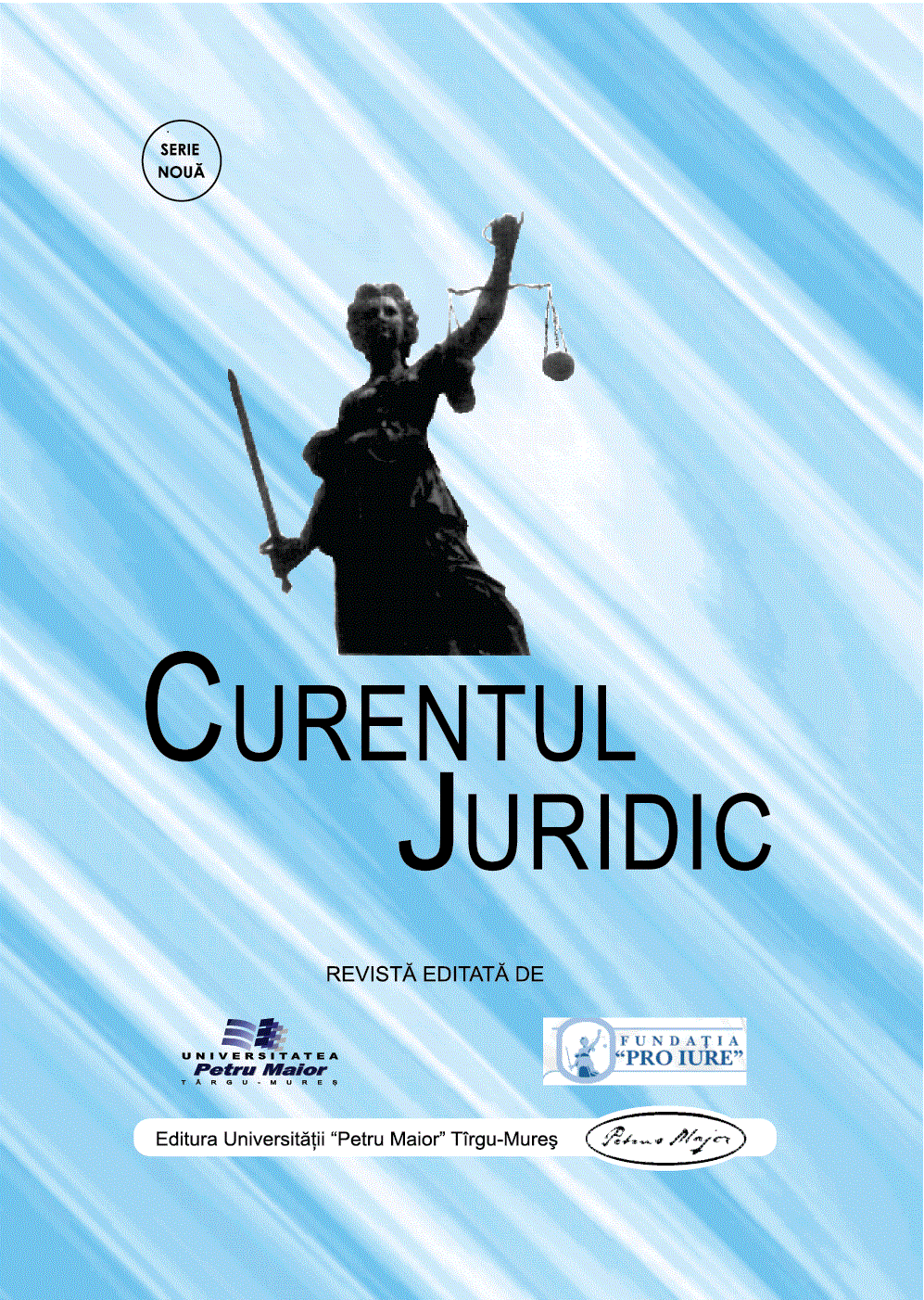
WHAT DOES IT MEAN TO TALK ABOUT DEMOCRACY IN TURKEY?
After the July military coup, everybody is wondering what will be the future for the Turkish democracy. For decades, Western countries have been considering Turkey as a model for all Muslims States, adopting in 1928 the path of secular modernization, along Western lines. But till July 2016, this meant military used to intervene through coups d’etat every time there was a threaten to stability and constitutional order. Before the July 15 coup attempt, the military was one of the most trusted institutions in Turkey, historically considered as the guarantor of Turkey’s secular and democratic character. But on July 15, people took to the streets and confronted the rebellious soldiers. Has Turkish society internalized electoral democracy? Or the Turkish people may have simply substituted one form of autocratic governance for a form of electoral authoritarianism that is the illusion of multiparty democracy. Surely, we cannot find an answer in the overestimated conflict between military, secular elites and Islamic parties. Equally, we cannot consider the political conflict in Turkey as a struggle for democracy, but just a struggle for power. The Erdogan’s AKP heralds democracy: its more seasoned politicians have participated in free elections for two decades. But under the AKP, Turkey is not a liberal democracy, despite the multiparty elections and the promises of a new constitution and reforms that would address pivotal issues facing the country—the Kurdish question, human rights, and freedom of expression. The purges adopted after the July coup is just the final corollary of the Erdogan authoritarianism. But if it is clear, it is not clear the Western countries policy. USA and EU continue to be sleeping witness of the violation of civil rights under the Erdogan Government. Probably we, western people, should sincerely ask what do we want to mean talking about democracy in Turkey.
More...
